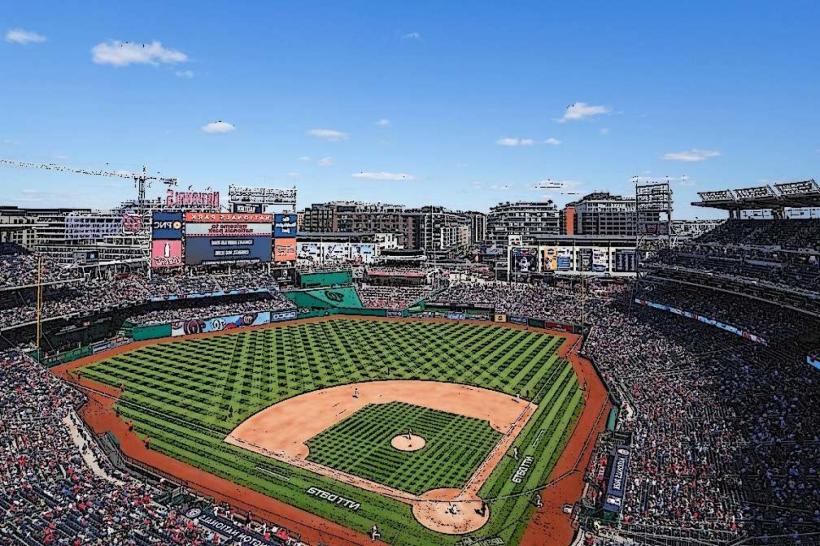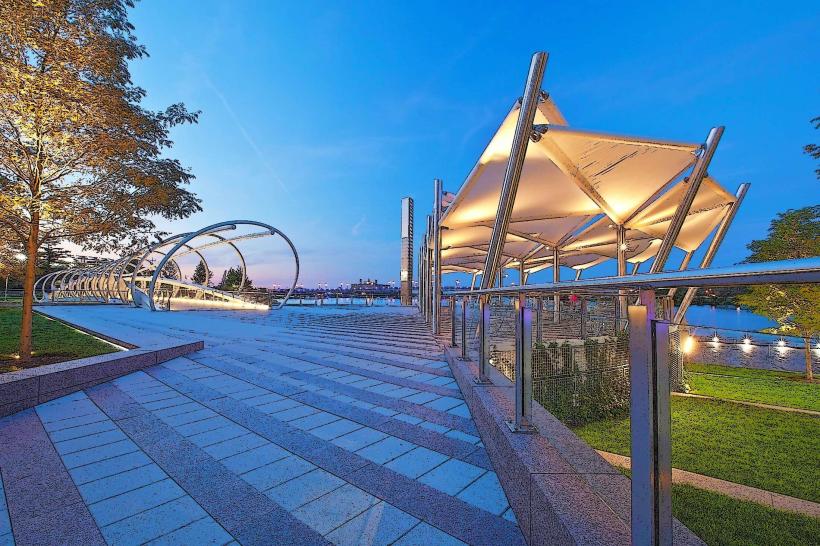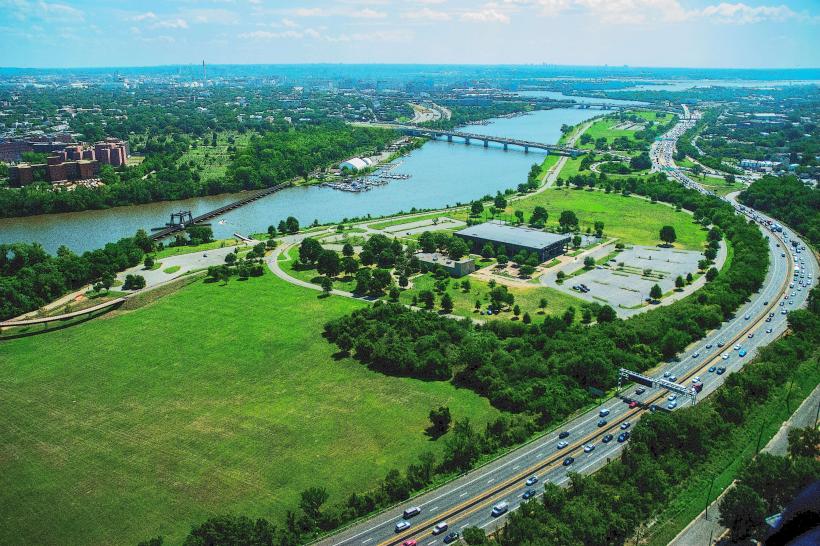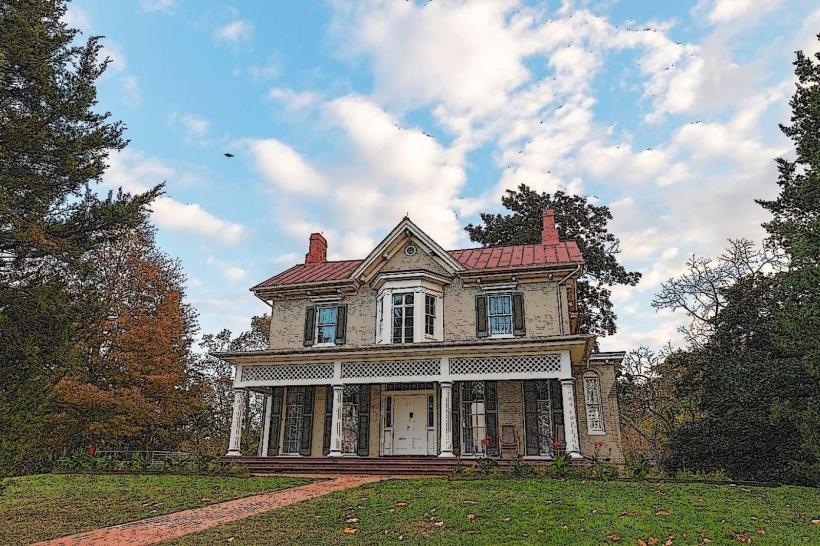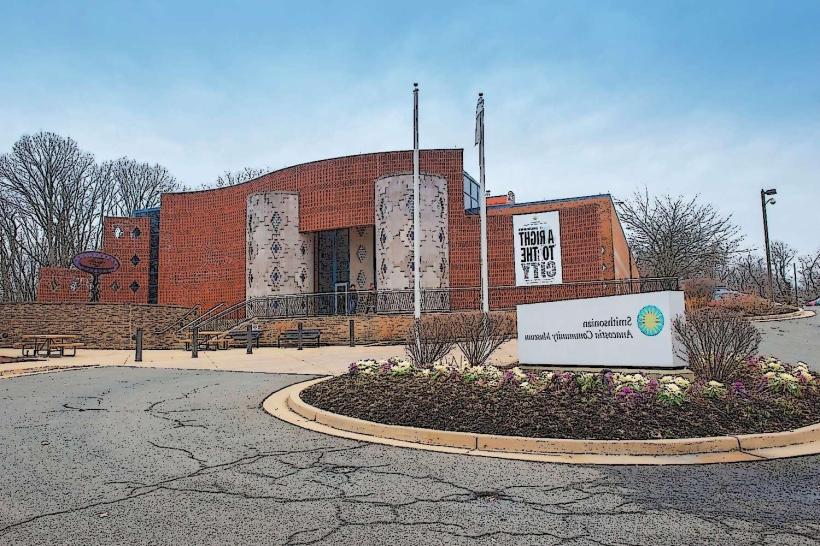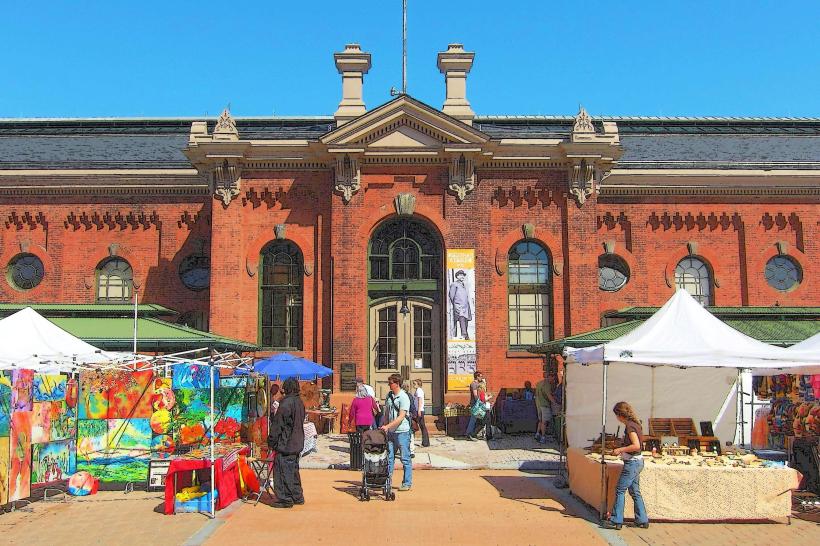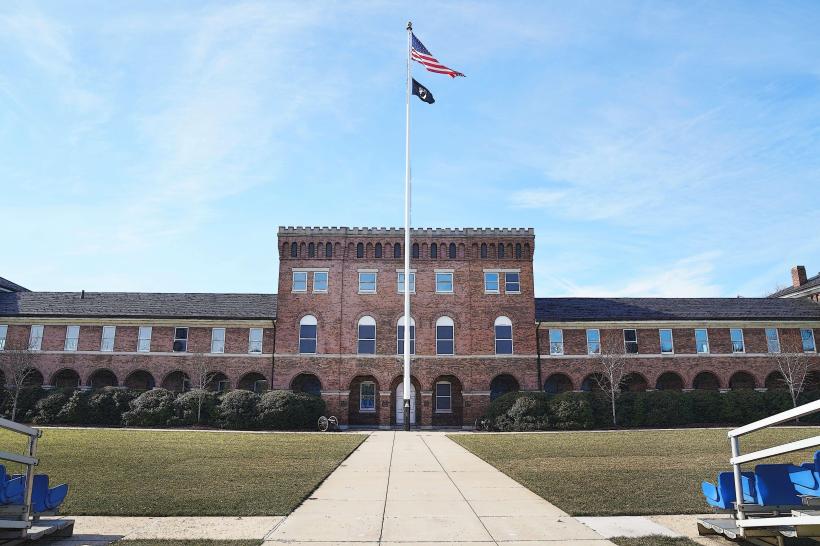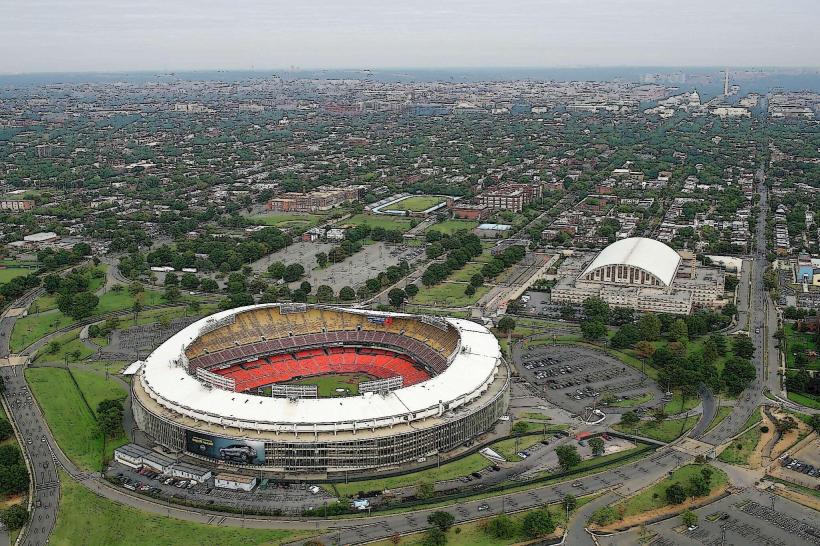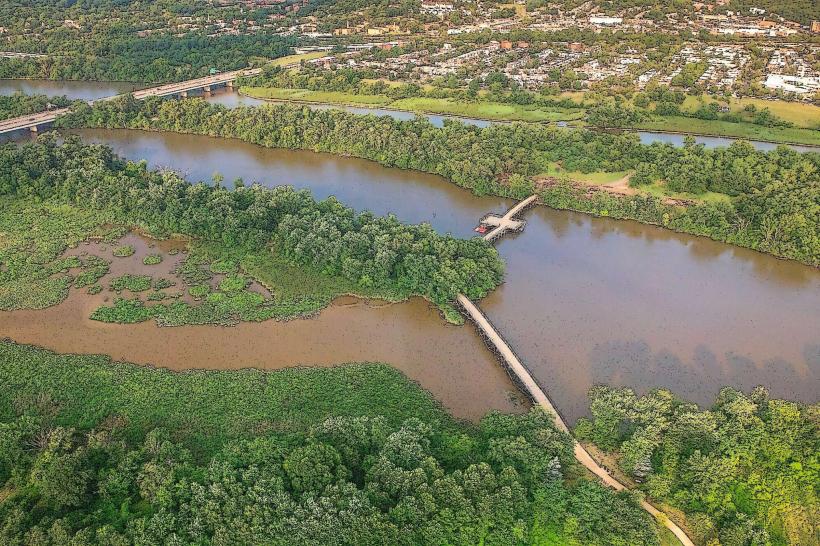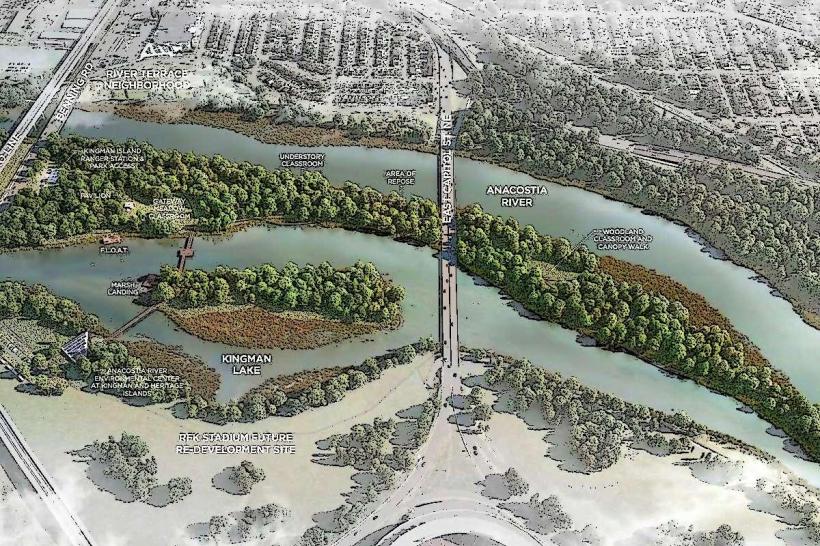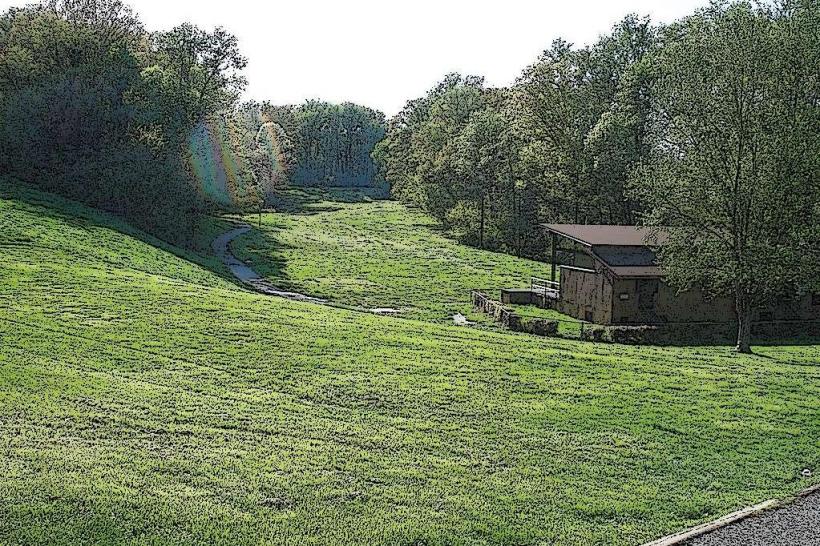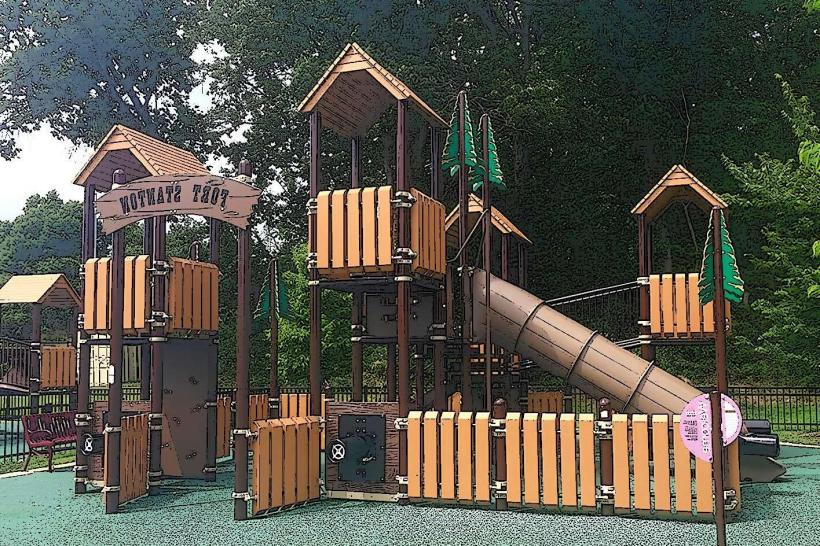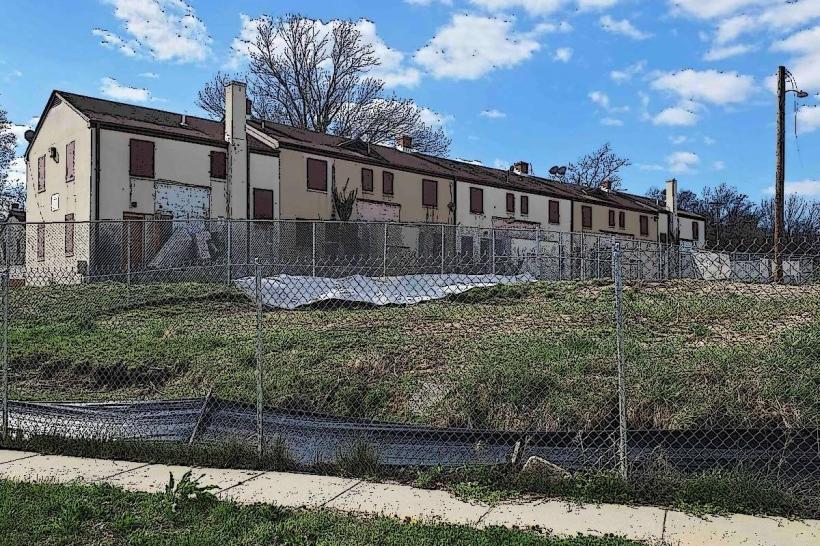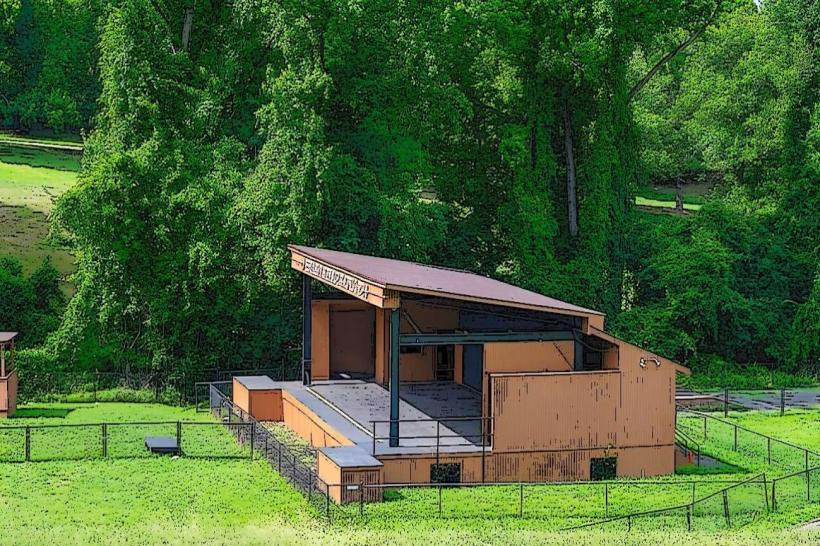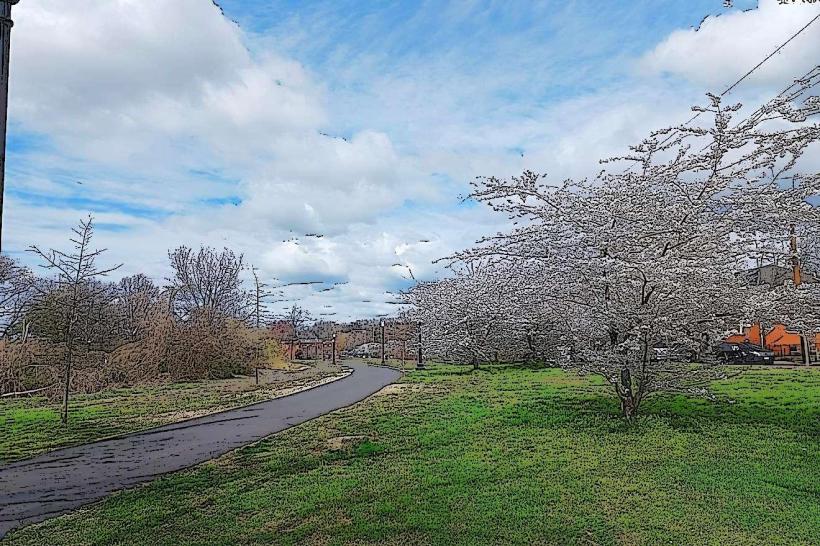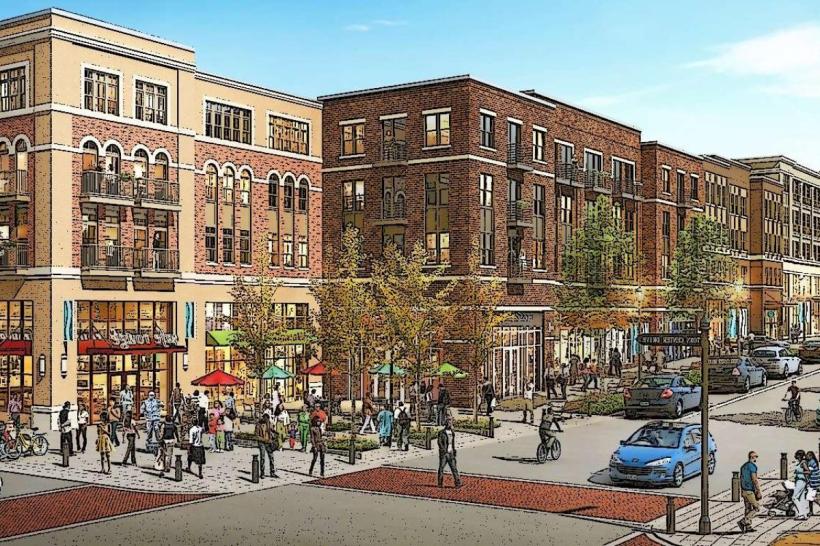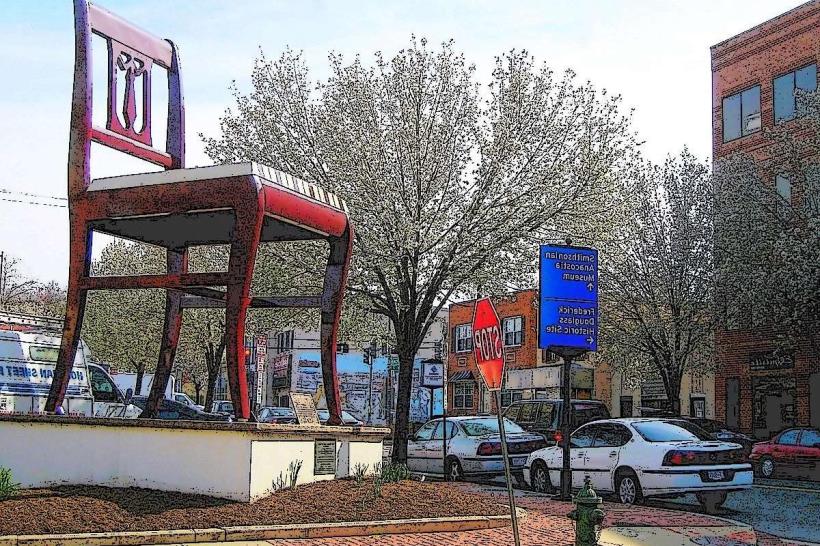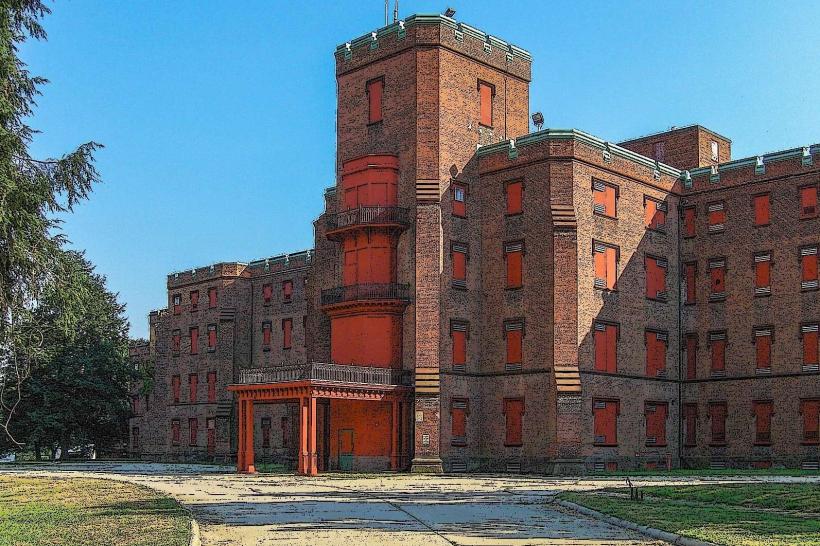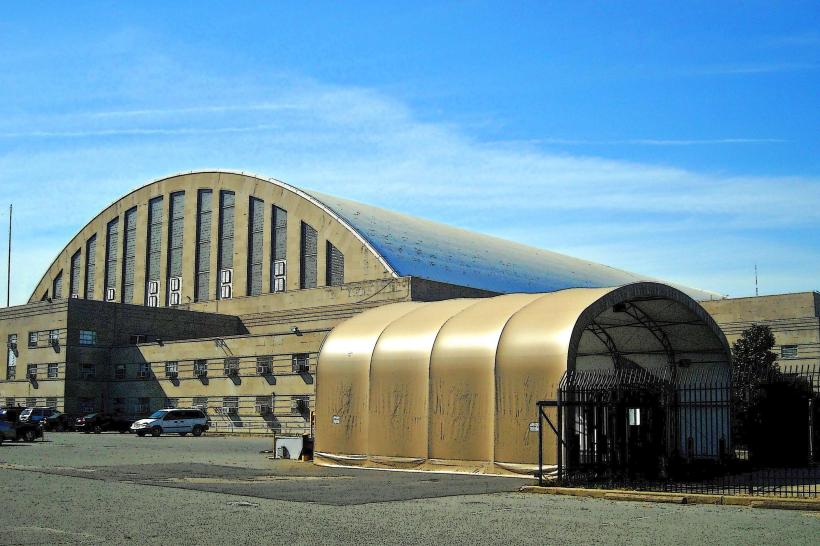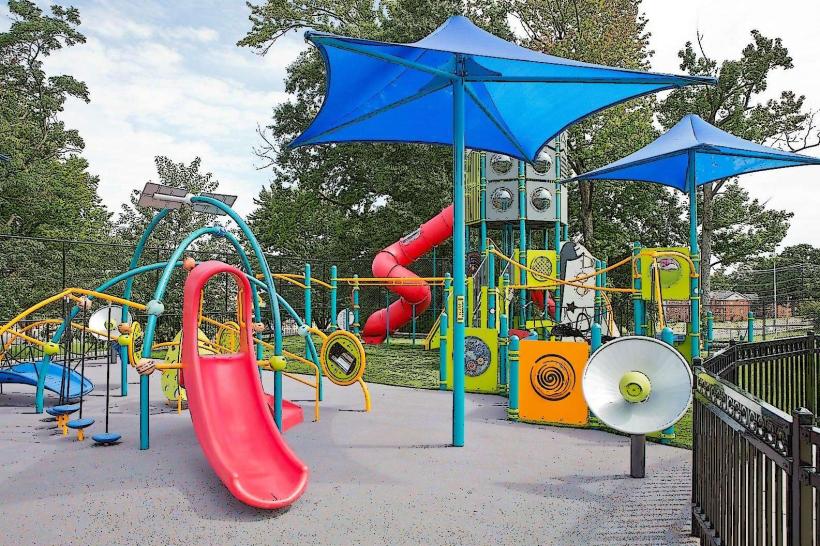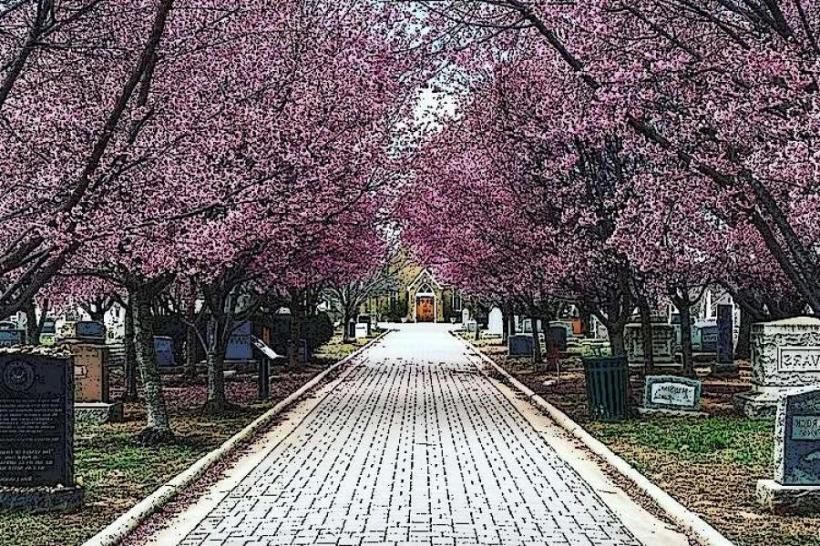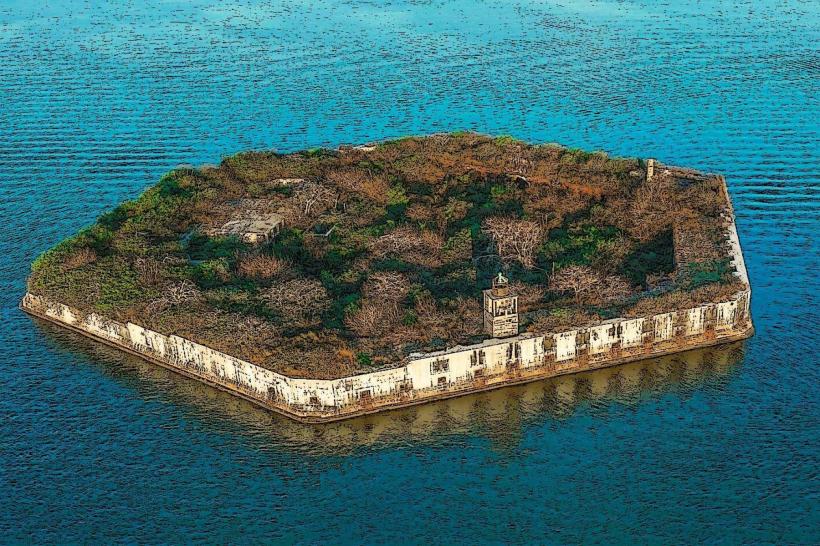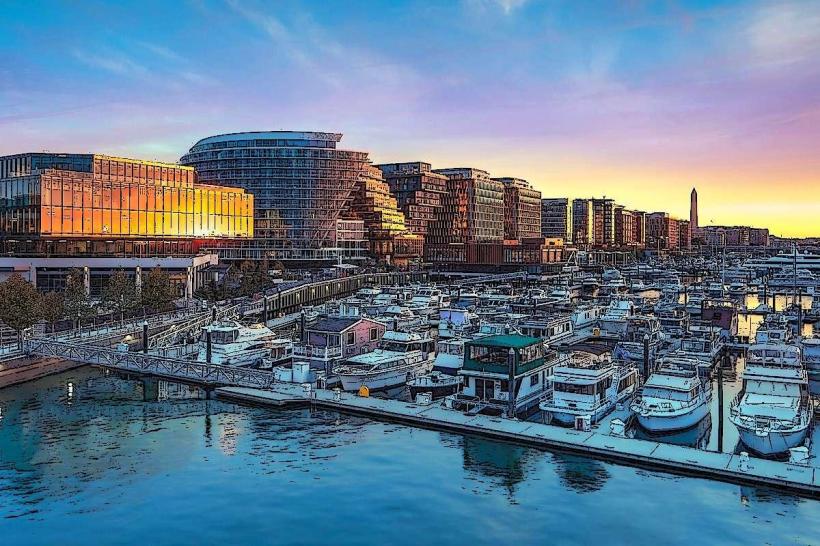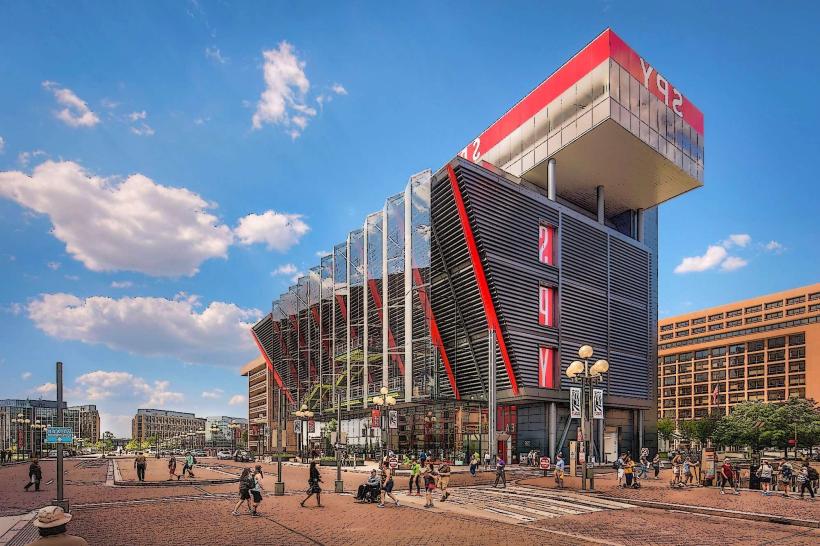Information
Landmark: Historic AnacostiaCity: Southeast Washington
Country: USA Washington DC
Continent: North America
Historic Anacostia, Southeast Washington, USA Washington DC, North America
Historic Anacostia is a vibrant and culturally rich neighborhood located in Southeast Washington, D.C., known for its deep historical roots, distinctive architecture, and strong sense of community. Situated east of the Anacostia River, this area serves as a vital link to the city’s African American heritage and broader Washington history, offering visitors and residents alike a unique glimpse into the past alongside contemporary urban life.
Historical Background
Anacostia’s origins trace back to the early 18th century when it was initially known as Uniontown, established in 1854 as one of Washington’s first planned residential suburbs. The neighborhood was developed with the intent to create a middle-class community and was one of the earliest areas where African Americans could purchase property and build homes during the post-Civil War Reconstruction era.
Throughout the late 19th and early 20th centuries, Anacostia evolved into a predominantly African American community, playing a significant role in the social and cultural development of Black Washington. It became a hub for Black professionals, entrepreneurs, and artists, with a strong civic and cultural identity. The area’s historic districts preserve many examples of 19th- and early 20th-century residential architecture, including Victorian, Queen Anne, and Colonial Revival styles, contributing to its distinctive aesthetic.
Key Historic Sites and Landmarks
Frederick Douglass National Historic Site: Located nearby, this site preserves the home of the renowned abolitionist Frederick Douglass, offering interpretive tours and exhibits that explore his legacy.
Anacostia Historic District: Designated as a National Register Historic District, it features rows of well-preserved homes and churches that reflect the neighborhood’s architectural and cultural heritage.
Old Anacostia Historic District: This section of the neighborhood retains much of its original 19th-century character, with tree-lined streets and historic buildings that evoke the community’s early days.
Anacostia Arts Center: A hub for local artists and cultural events, this center fosters contemporary creativity while honoring the neighborhood’s historical roots.
Community and Culture
Historic Anacostia remains a vibrant residential area with a tight-knit community atmosphere. It hosts annual events such as the Anacostia Park Jazz Festival and the House of Sweden’s cultural programming, blending historic reverence with modern arts and entertainment.
Local businesses, restaurants, and markets contribute to the neighborhood’s dynamic street life, while efforts to preserve and restore historic homes continue to enhance its architectural heritage. Community organizations work actively to promote neighborhood pride, economic development, and cultural education.
Urban Development and Preservation
In recent decades, Historic Anacostia has experienced both challenges and revitalization. Investment in infrastructure, housing rehabilitation, and commercial redevelopment aim to balance growth with preservation. The neighborhood is part of broader city initiatives to address economic disparities and improve access to amenities while safeguarding its unique historical identity.
Efforts include maintaining historic districts, supporting affordable housing, and enhancing public spaces such as the adjacent Anacostia Park, which provides recreational opportunities along the river.
Location and Access
Historic Anacostia is located southeast of the U.S. Capitol, bounded roughly by the Anacostia River to the west and south. It is accessible by Metro’s Green Line via the Anacostia station, as well as multiple Metrobus routes, connecting residents and visitors to downtown Washington and other neighborhoods.
Summary
Historic Anacostia stands as a testament to the resilience and cultural richness of one of Washington, D.C.’s oldest African American communities. Its preserved architecture, significant landmarks, and active community life make it a compelling destination for those interested in the city’s layered history and ongoing urban evolution. The neighborhood embodies a blend of heritage preservation and contemporary revitalization, offering meaningful experiences rooted in history and community pride.

